404 Error: Page cannot be found
Page : https://www.sirfrederickgibberdcollege.org//567/sfg-curriculum
The page you were looking for cannot be found. It may have moved or been deleted.

29/03/24
We have lived through many firsts with you and now we're living many lasts.The love we have for you will last forever. You will forever have a special place in our hearts.Once a Gibberdian, always a Gibberdian.#4EverSFG pic.twitter.com/sh7CiwQTaS

29/03/24
Yesterday, we packed our school and said goodbye to our emergency temps.We shall return after Easter to write the next chapter in our extraordinary journey.Exciting times ahead 😊#TeamSFG pic.twitter.com/ztmEnHOo0L
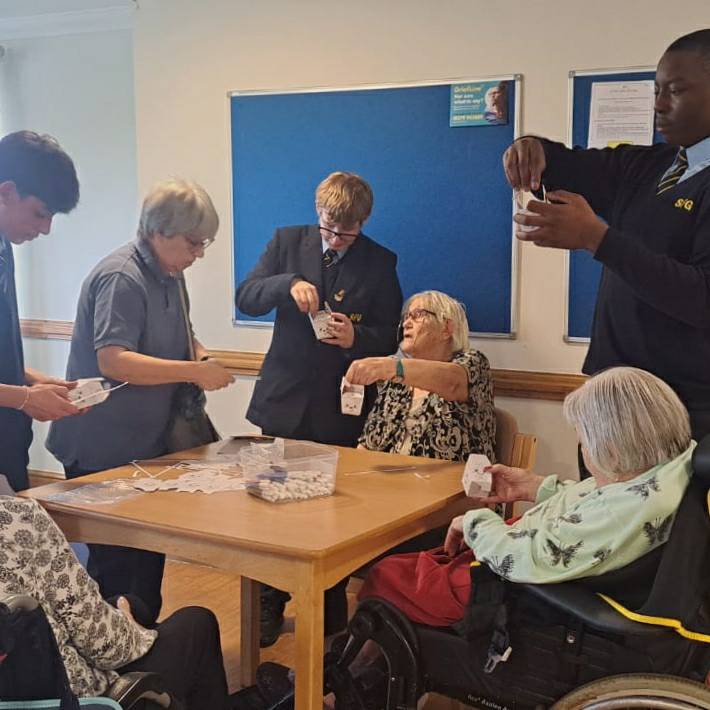
22/03/24
Abbot Care Home VisitYear 9 students supporting our local community.Responsible citizens#TeamSFG pic.twitter.com/h5FjooR8RQ
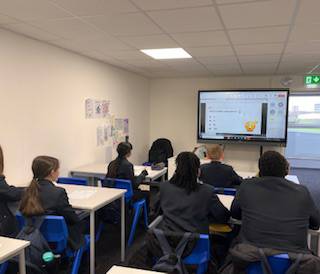
17/03/24
We loved the Pi Day activities on 13.4, thankyou Maths Department.#PiDay pic.twitter.com/u9RdDvwPi0

17/03/24
Statistics show a direct link between underachievement and absence below 95%.Regular attendance makes better progress, both socially and academically.Regular attenders find school routines, school work and friendships easier to cope with. pic.twitter.com/c4u0SolNrS

16/03/24
One of the top scorers at the national Maths Feast Competition. 100% for team work. pic.twitter.com/UtMtldqPeY
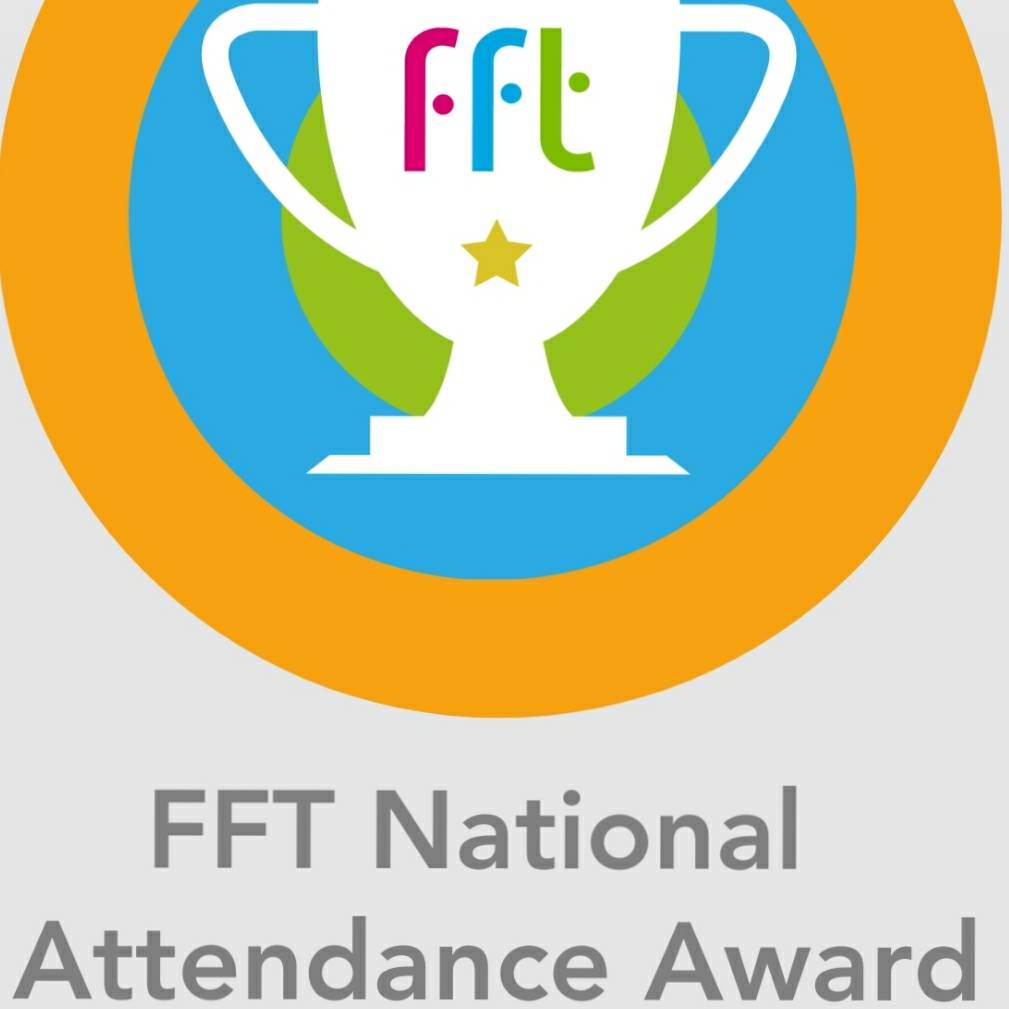
07/03/24
We are very proud!"Being around teachers and friends in a school environment is the best way for pupils to learn and reach their potential.Time in school keeps children safe and provides access to extracurricular opportunities and pastoral care." pic.twitter.com/wUSuxagBv0
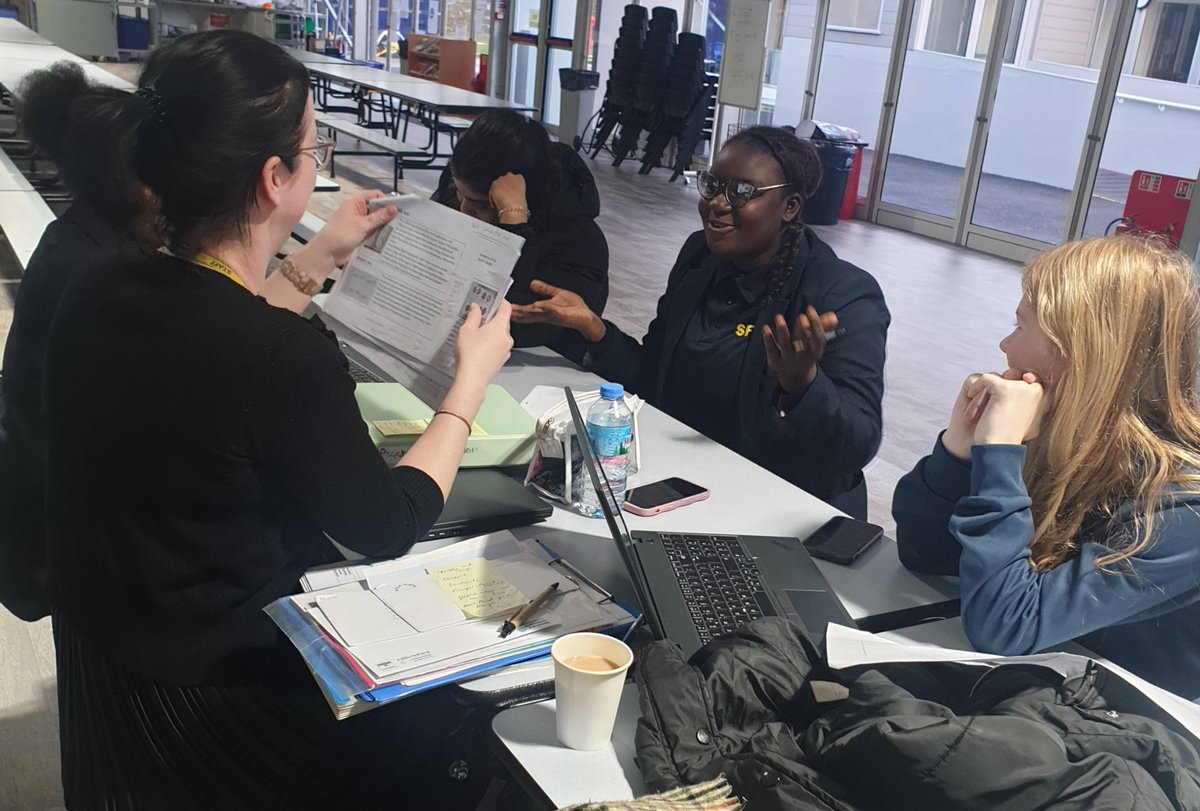
01/03/24
If you're wondering what happens after 4pm at SFG, we just sit together, have biscuits, do some revision and have a fab time.#TeamSFG #AmazingYear11 pic.twitter.com/CHRxPzWiXi
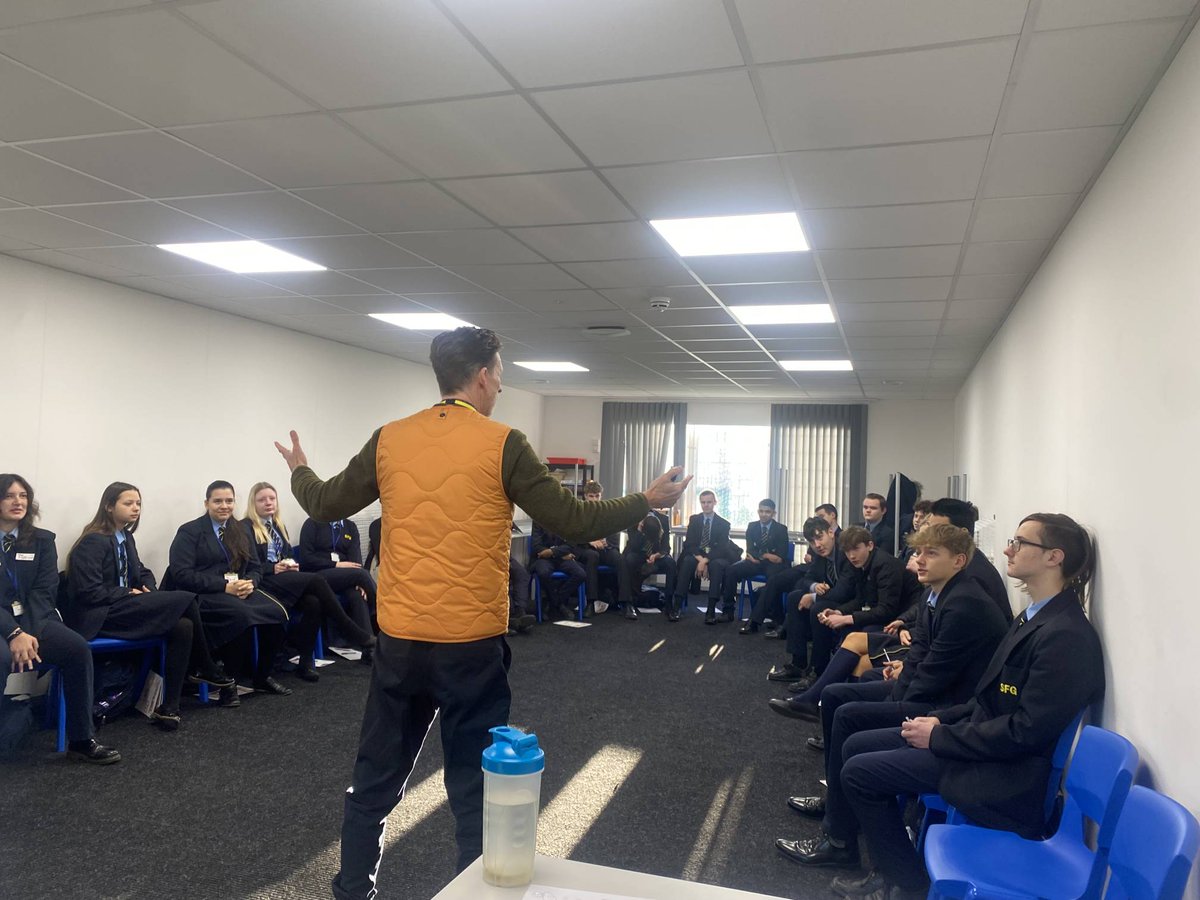
11/01/24
Year 10 Jack Petchey Speak Out Challenge, building students public speaking skills and confidence.#TeamSFG@JPFoundation pic.twitter.com/OBSFVlfifJ
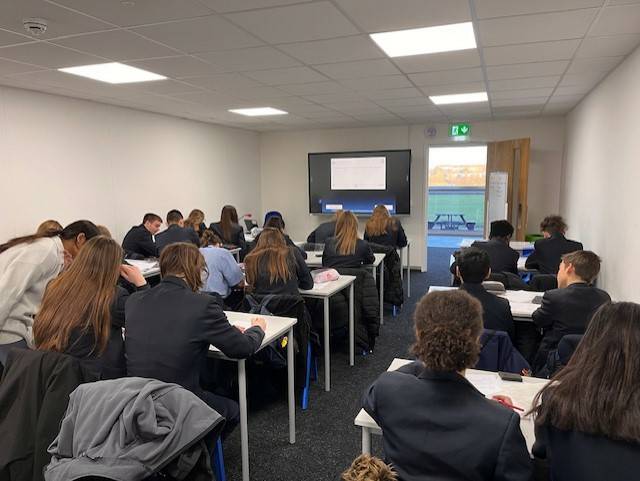
11/01/24
What's going on in Maths at 8am on a Wednesday morning?Year 9&10 are getting ready for the National UKMT Intermediate Maths Challenge.#TeamSFG@UKMathsTrust pic.twitter.com/4DuqfZZFjV
11/01/24
Take a look at what's on before school at SFG, a mixture of activities for all year groups ranging from music to sports to HW to reading and the list goes on:https://t.co/teEUdF0AZd
11/01/24
📢 We're Hiring!@bmatsfg (Harlow) have a vacancy for a Catering Supervisor📄 For a job description and application details, please visit our websitehttps://t.co/NMhO2g6hCs
Outstanding Education
Supporting primary and secondary schools across Essex and North & East London, BMAT is a growing multi-academy trust with a singular vision: schools, teachers and pupils freed to succeed.
Visit BMATThe page you were looking for cannot be found. It may have moved or been deleted.